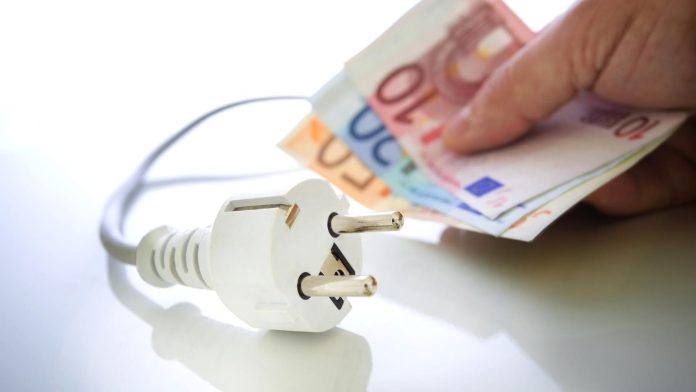Electricity customers pay up to 70 percent more in the basic supply tariff. Alternative energy providers accuse the basic suppliers of calculation. One of them is now speaking out.
The cost of electricity currently differs more than ever before. There are large differences, especially when comparing across Germany, as some consumer advice centers have discovered. However, the difference between electricity prices for existing customers and new customers is even more serious.
Consumers on the basic supply tariff have to, or sometimes had to, pay up to 70 percent more for electricity than new customers who opt for alternative electricity tariffs (more on this in this article here). The current figures are as follows: According to the comparison portal Verivox, new customers currently pay 26 cents/kWh gross (as of July 4, 2024). For existing costs, however, the costs are on average 45 cents/kWh (as of July 5, 2024). There is therefore still a clear discrepancy and therefore also potential for savings by switching electricity providers.
Based on these facts, several alternative electricity providers, including Octopus Energy Germany, have made accusations against the basic suppliers. “People sometimes pay more than they should for decades and their ignorance is cold-bloodedly exploited. The money ends up in the pockets of the basic suppliers, who rip off long-term customers in particular with overpriced tariffs and punish them for their loyalty,” explains Bastian Gierull, CEO of Octopus Energy Germany.
Now Vattenfall has commented on the allegations – a basic supplier whose basic supply tariff for new customers is on average 33 cents/kWh and for existing customers an average of 41 cents/kWh. Christian Jekat, press spokesman at Vattenfall, replied to a question from the Berliner Zeitung that Vattenfall's tariffs are generally at a moderate level. Since Vattenfall purchases electricity for new customers promptly on the electricity market, the prices are calculated accordingly and the tariffs are adjusted upwards or downwards.
Jekat explains the high price difference in electricity tariffs as follows: “In contrast to many other competitors, Vattenfall did not pass on the high procurement costs to its customers during the energy crisis for a long time,” he told the Berliner Zeitung. Vattenfall's procurement strategy is indeed rather long-term. However, this means that the energy supplier can guarantee its customers stable and moderate prices in the long term, says Jaket.
Although experts expect electricity prices to rise slightly again in the coming months, the Federal Network Agency nevertheless recommends that consumers switch electricity providers if possible in its 2024 monitoring survey.


